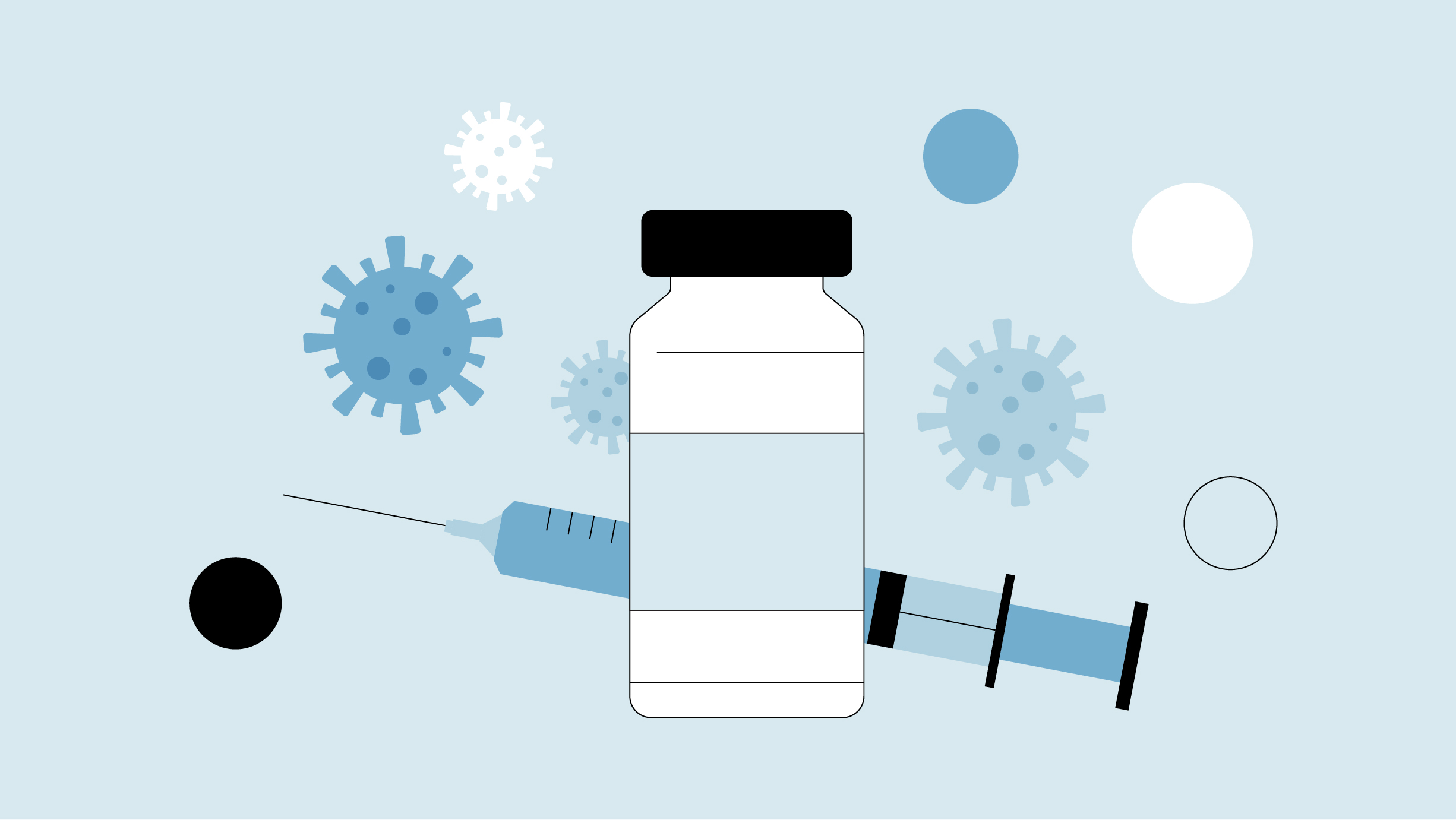What should I tell my care team before I take this medication?
They need to know if you have any of these conditions:
- Infection especially a viral infection, such as chickenpox, cold sores, herpes
- Recent or upcoming vaccine
- An unusual or allergic reaction to antithymocyte globulin, rabbits, other medications, foods, dyes, or preservatives
- Pregnant or trying to get pregnant
- Breastfeeding
What may interact with this medication?
Do not take this medication with any of the following:
This list may not describe all possible interactions. Give your health care provider a list of all the medicines, herbs, non-prescription drugs, or dietary supplements you use. Also tell them if you smoke, drink alcohol, or use illegal drugs. Some items may interact with your medicine.
What should I watch for while using this medication?
Your condition will be monitored carefully while you are receiving this medication.
This medication can cause serious infusion reactions. To reduce the risk, your care team may give you other medications to take before receiving this one. Follow the directions from your care team.
This medication may increase your risk of getting an infection. Call your care team for advice if you get a fever, chills, sore throat, or other symptoms of a cold or flu. Do not treat yourself. Try to avoid being around people who are sick.
Be careful brushing or flossing your teeth or using a toothpick because you may get an infection or bleed more easily. If you have any dental work done, tell your dentist you are receiving this medication.
This medication can decrease the response to a vaccine. If you need to get vaccinated, tell your care team if you have received this medication. Extra booster doses may be needed. Talk to your care team to see if a different vaccination schedule is needed.
This medication is made from donated human (and rabbit) blood. There is a small risk that it may contain bacteria or viruses, such as hepatitis or HIV. All products are processed to kill most bacteria and viruses. Talk to your care team if you have questions about the risk of infection.
Talk to your care team if you may be pregnant. The use of this medication during pregnancy has not been well studied. Contraception is recommended while taking this medication and for 3 months after the last dose. Your care team can help you find the option that works for you.
Talk to your care team about this medication if you are breastfeeding. There are benefits and risks to taking medications while breastfeeding. Your care team can help you find the option that works for you.
What are the most serious risks of this medication?
This medication should only be given to you by a healthcare provider trained to use it.








